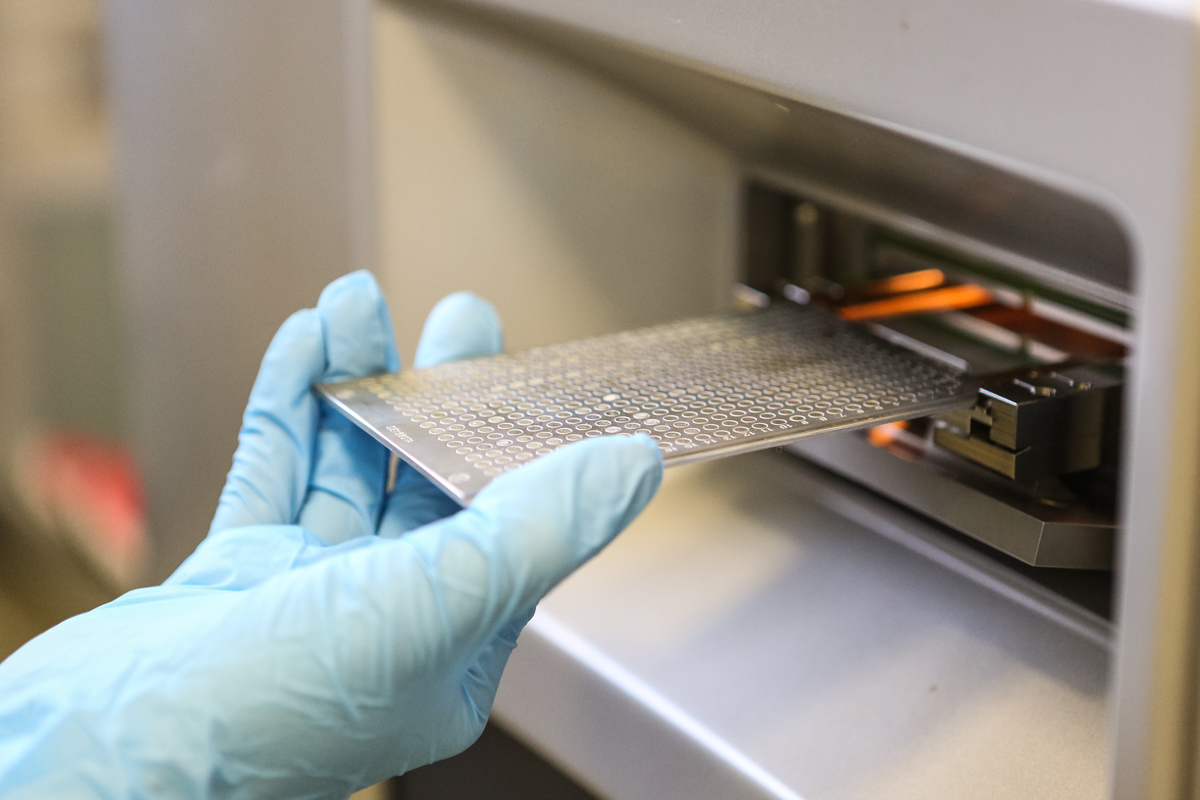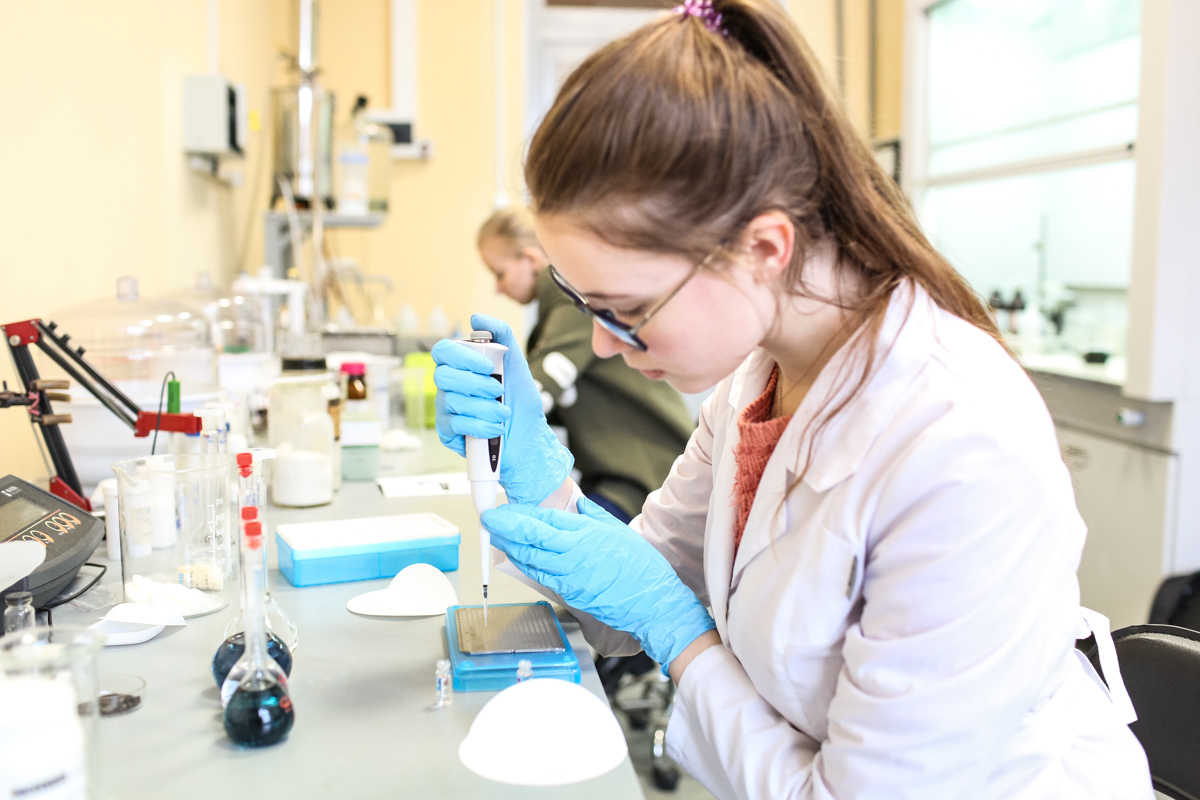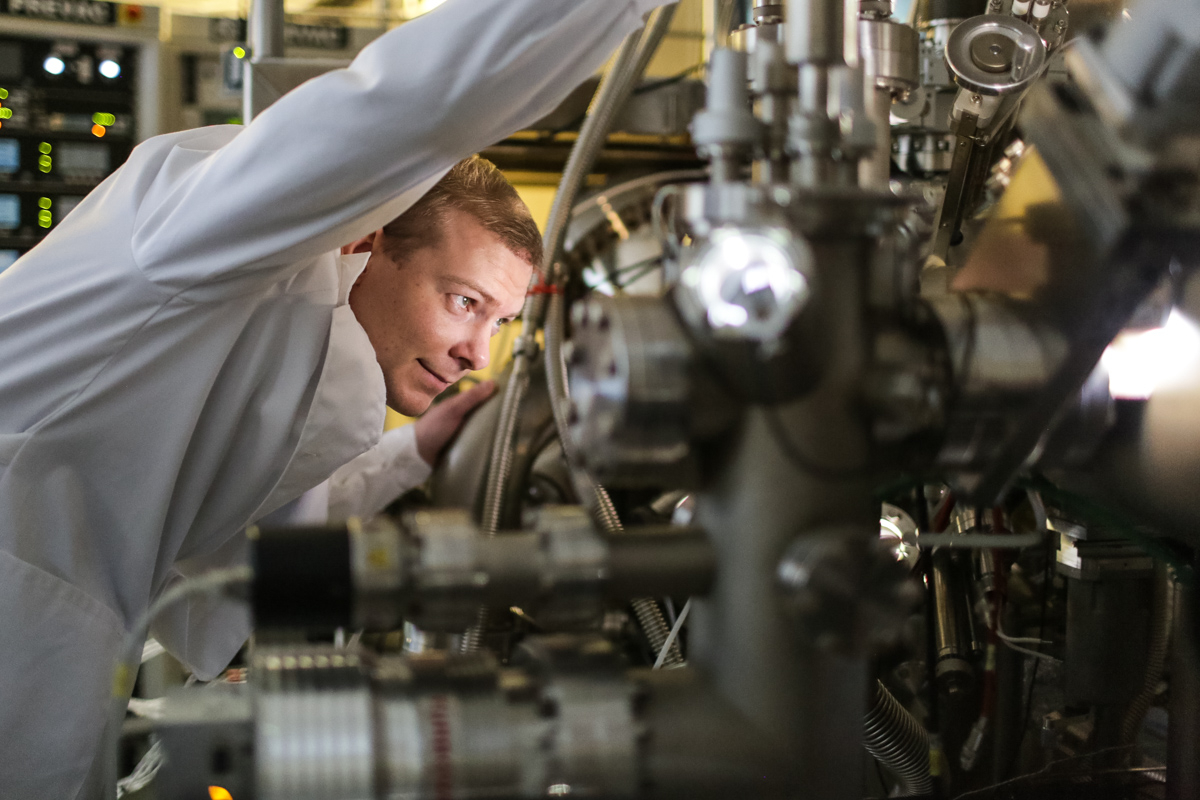Over 330,000 studies conducted at the St Petersburg University Research Park
10 November is World Science Day for Peace and Development proclaimed by UNESCO in 2001. This international day highlights the link between science and society and stresses the important role of scientific research and developments in everyday live. To improve the quality of scientific research and accessibility of research equipment, St Petersburg University created in 2014 a Research Park – shared-use research facilities. On the basis of the University Research Park, over 330,000 studies have already been conducted.
Read more about the University Research Park infrastructure and the possibilities of doing research there in an interview with the Rector of St Petersburg University Nikolay Kropachev.
The St Petersburg University Research Park is a complex of 23 resource centres that possess unique cutting-edge research equipment. This has enabled the University researchers to: synthesise fluorescent nanoparticles that can be used in diagnostics of various diseases with the use of contrast; develop a sorbent to remove antibiotics from wastewater; create an innovative mobile water treatment plant; find a way that helps to better understand the mechanism of neurodegenerative diseases; develop an algorithm that can ensure more accuracy in subsoil evaluation; create renewable plant-based polymers; and create a compound that changes its activity when exposed to light to name just a few.
The St Petersburg University Research Park can rightfully be considered the best in Russia and one of the best shared-access research facilities in the world. At present, about 1,500 units of research, training and auxiliary equipment are installed on the premises of the resource centres. The Research Park operates according to the principle of equal access: students, academics and experts from various organisations may use the research facilities within the framework of their own projects or grants, both Russian and international. Thus, since the opening of the first resource centre at St Petersburg University in 2010, over 12,000 research project applications have been approved.
It should be stressed that the facilities and equipment of the St Petersburg University Research Park are accessible for all researchers, regardless of whether they are affiliated with the University or not.
If the research work is financed from external sources, access to the research facilities is granted on the basis of the business contract with special clauses for shared intellectual property rights. For independent users, access to the St Petersburg University Research Park facilities is regulated by Resource Centres: Standard Regulations. In 2020, the equipment of the Research Park was employed in research for 128 external organisations.
Moreover, there is no need to come to the University to apply for research work in resource centres – applications can be submitted online. A unified digital Research Information Management System (ResearchIMS) is implemented at the St Petersburg University Research Park to facilitate research and coordinate information exchange with the University resource centres. Even in the context of the COVID-19 pandemic, the research teams can: track information about all observations and measurements; monitor the project implementation at all stages; and have remote access to research results.
Indeed, it is no exaggeration to observe that we provide unique conditions for the use of all instruments and research equipment, including newly purchased. No wonder that dozens of research organisations trust us and send their samples to be studied by our experts or use our research facilities to conduct their own research.
Nikolay Kropachev, Rector of St Petersburg University
‘I would like to note that none of the equipment is rare both for Russia, as well as worldwide. What is rare and even unique is its really efficient shared use on the premises of the Research Park by multiple research teams from St Petersburg University, as well as by their numerous partners among research and business organisations,’ said Nikolay Kropachev in an interview for the Indicator.Ru portal.





